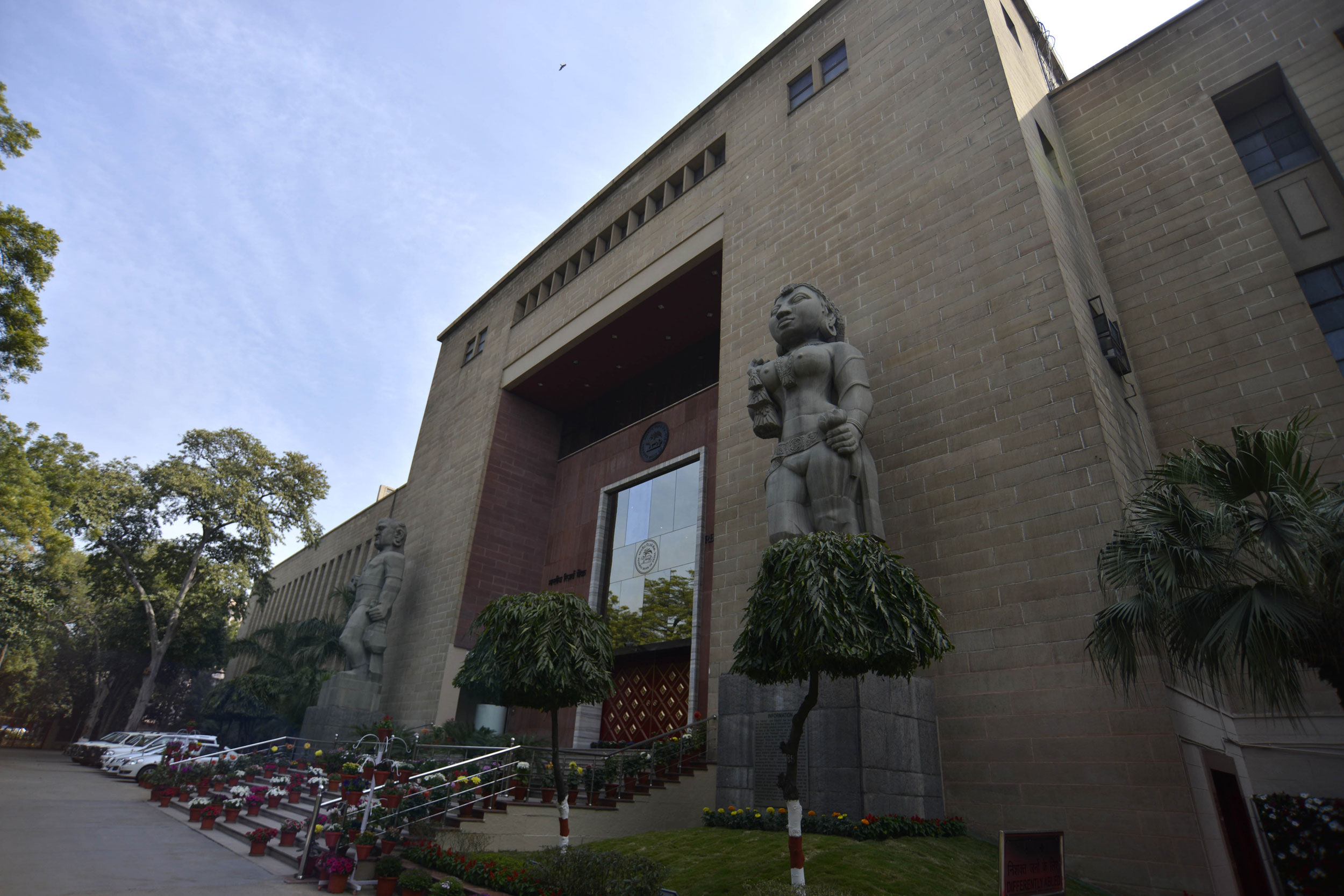The spat between the Reserve Bank of India and the Centre has deepened with both sides digging in their heels on a wide range of inter-related issues such as prompt corrective action norms, recapitalisation of banks and the regulatory control of PSU banks.
The RBI is unwilling to dilute its restrictions on lending and other normal operations vis-à-vis the 11-odd PSU banks which are heavily stressed because of a huge bad debt overhang, especially so as the government is unwilling to give it normal regulatory controls it has over private banks such as the right to supersede their boards or change their chief executives.
The RBI also has the right in case of a private sector bank on the verge of going bust to order it to shore up its capital base. In the case of PSU banks it can merely recommend to the owner of the banks — the central government — to put in money into the kitty, something it has been saying for long.
The government on its part has been promising a recap of Rs 45,000 crore this year and may deliver only by February, when the financial status of most PSU banks could be worse, making it a case of “too late, too little” for many banks.
Top finance ministry officials said the recent speech by RBI deputy governor Viral Acharya in Mumbai, where he spoke of the RBI being limited in “undertaking the full scope of actions against public sector banks”, was a sign that the apex bank had decided to stand firm on its views.
“The breach is now out in the open and the central banker has decided to stop taking dictates which it feels makes for bad economic management,” according to officials.
Acharya in a speech last week has said the RBI cannot take the usual regulatory actions against PSU banks “such as asset divestiture, replacement of management and board, license revocation, and resolution actions such as mergers or sales –– all of which it can and does deploy effectively in the case of private banks”.
Earlier this year, RBI governor Urjit Patel had said “legislation should be amended to enable the RBI to extend all the powers currently exercised over private sector banks to PSBs; in particular, regarding board member dismissals, mergers and license revocation”.
Last month, in the case of private sector Yes Bank, RBI could bare its fangs and order ending the tenure of celebrity banker Rana Kapoor as the chief executive of the bank, which he had founded 17-years ago. However, officials admit this is something the RBI cannot do even when it knows that things are not going well in a PSU bank.
The RBI feels it was the lack of such regulatory control that saw PSU banks land in such a mess. “Its true that loans were often given by bankers on the basis of political or bureaucratic pressure and many big borrowers would visit North Block before approaching banks,” said officials.
The bureaucracy, of course, feels otherwise. In fact, Comptroller and Auditor General of India Rajiv Mehrishi, who had earlier served as the finance secretary, last week questioned the role of the RBI in the present banking crisis, asking what the regulator was doing when banks were lending huge amounts that resulted in an asset-liability mismatch and huge bad loans.
Corrective action
The RBI is also insisting the government cannot dilute its prompt corrective action (PCA) norms, arguing banks will then have no incentive to carry out reforms including restructuring of bad loans.
Once a bank is placed under PCA, it is barred from distributing dividends, remitting profits and disbursing fresh loans. Banks are also stopped from expanding their branch networks and need to maintain higher provisions.
A separate but in some sense a bigger fight is the finance ministry’s bid to take away RBI’s powers to control and supervise the regulation of settlements of payments.
The RBI sees this as partly an ill-advised move which could be potentially dangerous for the country’s economy and partly a punishment for its taking tough stands on other issues.
However, this is one issue where the North Block seems ready to come to some kind of an adjustment with by either agreeing to let the board remain within RBI’s overarching control, while placing some representatives on it from the ministry or from among independent financial experts .










